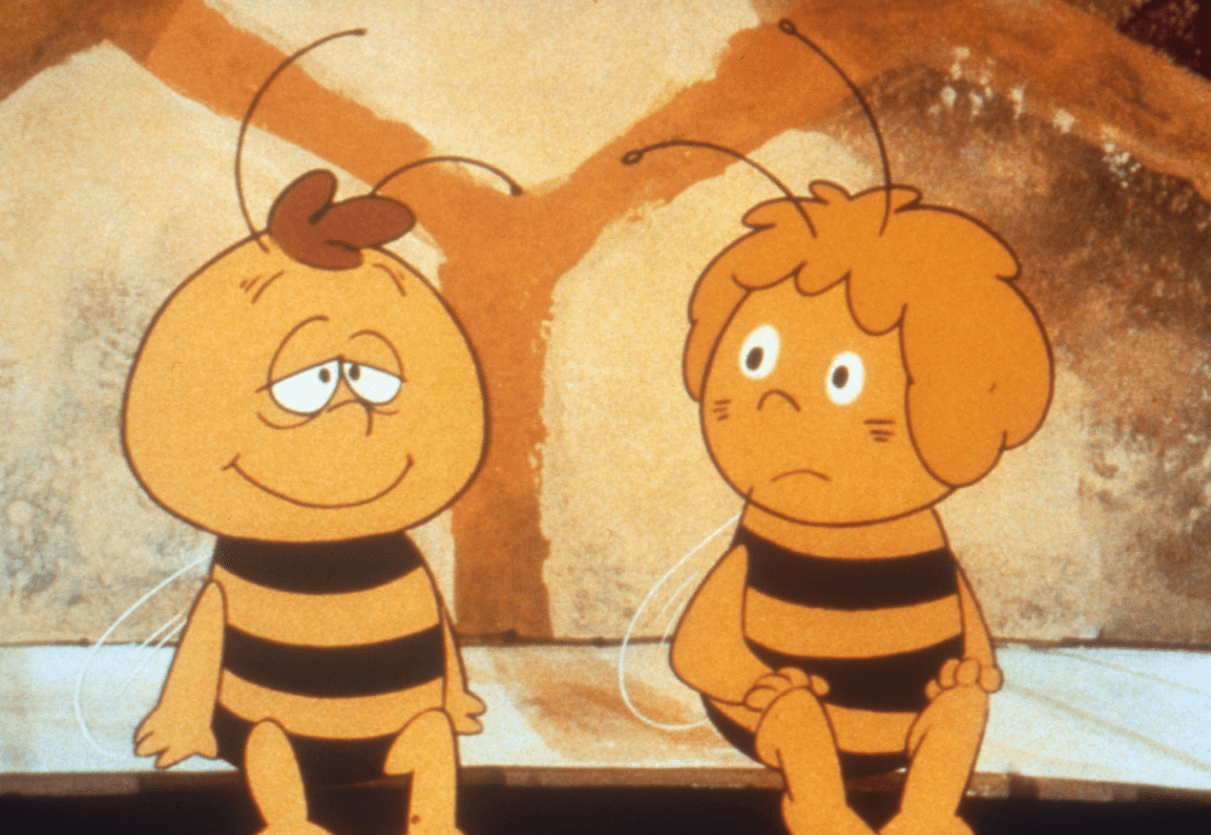Maya the Bee
The Maya the Bee series is one of the best-known children’s film series and has been for years. Every child has probably seen it at least once. With the bee named Maja, who shines with her commitment and thirst for adventure, the bee Willi, who tends to belong to the easygoing characters, and Flip, the funny grasshopper, the film series has delighted millions of children for decades.
But now the actually child-friendly series gets into wild waters. Ironically, in one of the biggest children’s series in the world, an employee causes a real scandal. This is now causing outrage on social media, where the scene is currently doing the rounds.
Scandal at Maya the Bee
The “bug” came to light a few years ago. A recent YouTube video recently raised the issue again. A Yotuber pointed out the ambiguous scene that can still be seen in Maya the Bee today. Accordingly, in one episode, a male genitalia can be seen on a rock face. The Youtuber shows a lack of understanding for Netflix, who in his opinion must already be aware of the problem and who are still doing nothing.
“That’s really quite wrong. I get how Spongebob does that and can play it off as innocent, but that’s a whole different story. I’m surprised it hasn’t been edited/changed or removed from Netflix yet considering it’s a children’s TV show and that’s the primary audience. Netflix should not support this.”
Known since 2017
In fact, this ambiguous scene was noticed back in 2017. However, Netflix has not changed anything so far. The episode first aired in 2013 and could have been edited in the last 5 years. But Netflix did nothing. Now there is renewed turmoil on the internet. However, the streaming provider has not commented. Only the production company Studio100 commented and had the episode removed entirely.
Statement Studio100
“A grossly inappropriate image was discovered in a four-second fly-by scene in one episode of the show’s 78 total episodes. The origin of this image obviously stems from a very bad joke by one of the 150 artists working on the production.”

